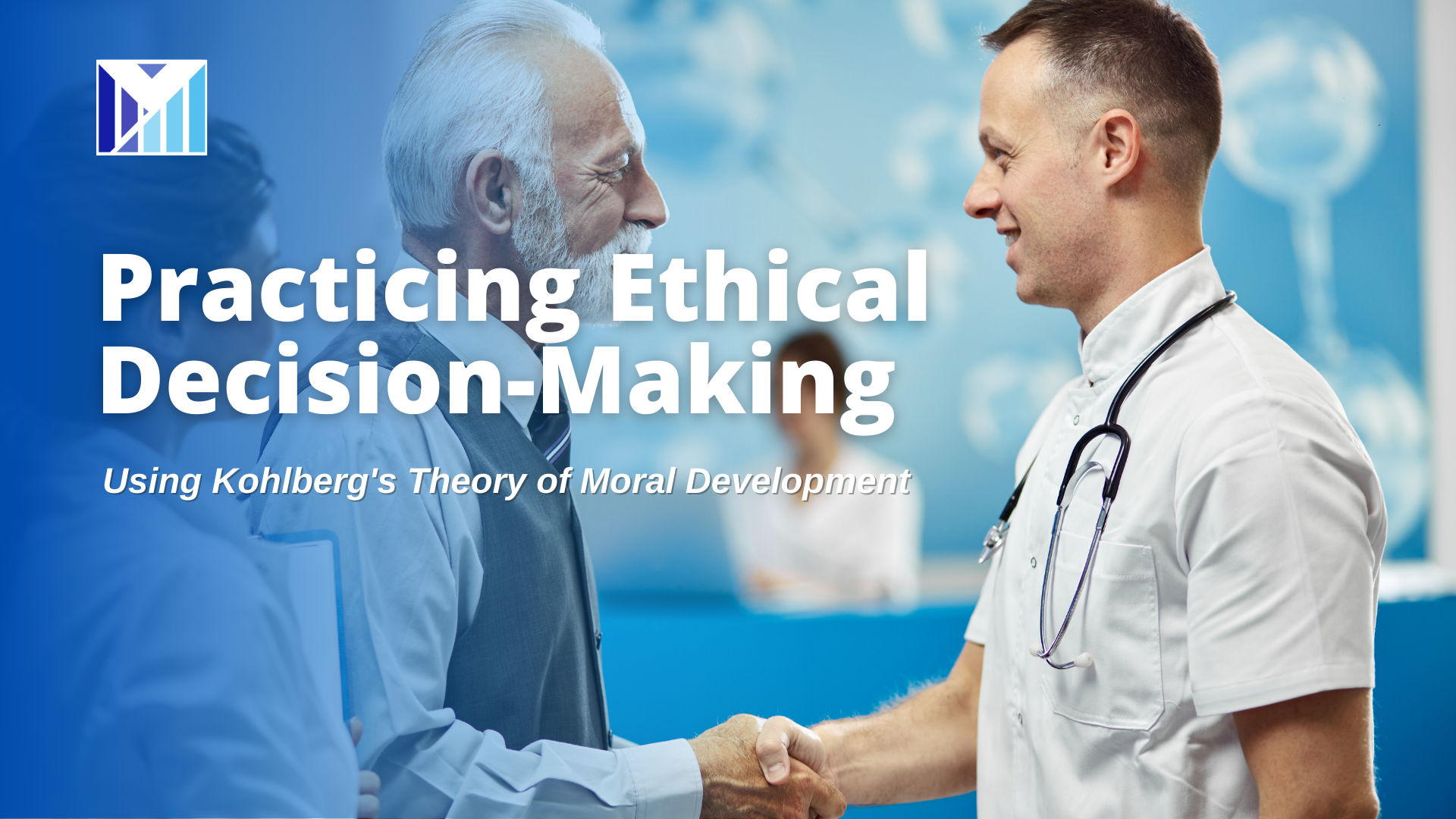Description
Approved for 4.00 CE hours for CCHI/CEAP and 0.4 CE hours. for NBCMI/IMIA
Even when faced with identical ethical dilemmas or scenarios, interpreters’ ethical decision-making choices may vary significantly. Several factors, including work experience, personality traits, and ethical knowledge, may contribute to this. Kohlberg’s Theory of Moral Development is one way to explain this variety of ethical choices. According to this theory, moral reasoning progresses from childhood to adulthood through a series of increasingly complex levels and stages. This theory can offer a framework for describing the rationale behind interpreters’ decisions and evaluating the depth of our own ethical reasoning.
During this webinar, we will use Kohlberg’s Theory of Moral Development in conjunction with medical interpreters’ Codes of Ethics & Standards of Practice to help interpreters gain a better understanding of why medical interpreters make ethical decisions, as well as develop the cognitive flexibility to practice ethical decision-making and solve common ethical dilemmas from a variety of moral perspectives.
The webinar is delivered live on Zoom or can be watched as a recording. The live sessions are expected to take place every 2 months. Students will need to spend 4 hours watching/attending the presentation and participating in the practice activities. In order to obtain a certificate of completion, the student must complete and pass a quiz with a grade of at least 70%.
Instructor’s Bio:
Nanyi Mateo is a Spanish Medical Interpreter certified by NBCMI (CMI-Spanish) and CCHI (CHI-Spanish). Since 2018, she’s been working as a video remote and over-the-phone medical interpreter as well as a quality assurance agent with multiple remote interpretation agencies across the United States. In 2020, she started teaching interpretation and note-taking for online interpreting schools in California and Chicago, such as Transinterpreting and AALB. In 2021, she developed a remote interpreter assessment, training manual, and a 10-hour Codes of Ethics and Standards of Practice course for Peregrine Interpreters. She has presented her original note-taking language for remote interpretation for national and international interpreting associations, such as the National Society of Translators and Interpreters of New Zealand (NZSTI), the Multilingual Consortium of the Orange County Department of Education (OCDE), the staff interpreters of one of the UCLA Health Systems, and the National Association of Educational Translators and Interpreters of Spoken Languages (NAETISL). She has created over 400 symbols for her note-taking language which she has published in her online symbols glossary.


Reviews
There are no reviews yet.